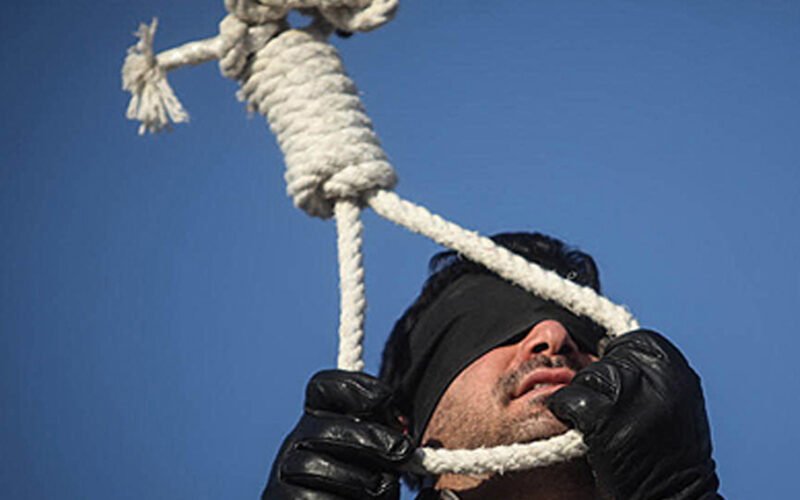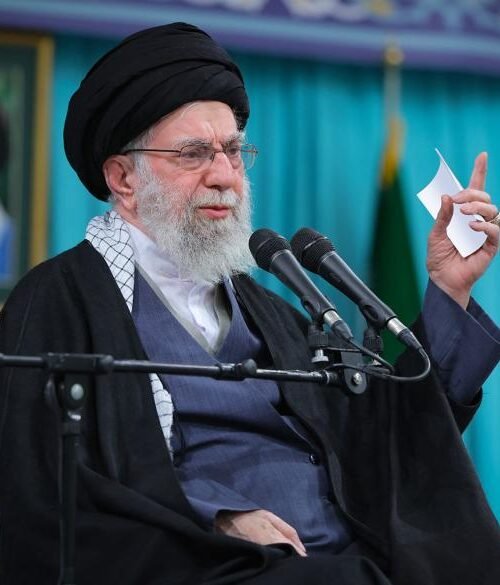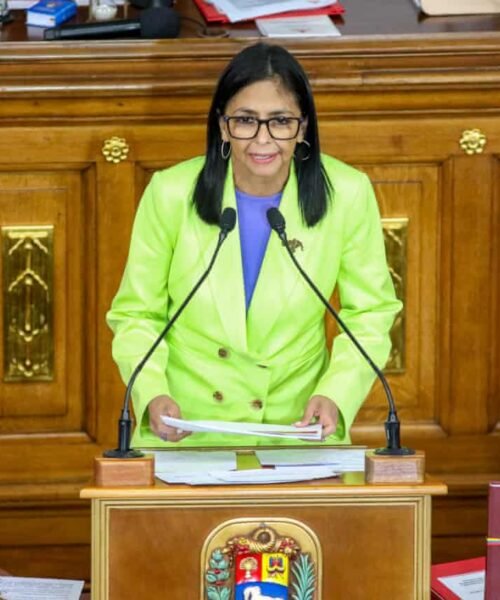Blood appears to be flowing in Iran.
From January 1, 2025, until today, a rights group said it has verified and recorded 1000 executions.
Iranian Human Rights (IHRNGO) painted a horror picture, saying last week alone, it recorded 64 executions, an average of more than nine hangings per day, insisting that “the figures are an absolute minimum as due to the lack of transparency and restrictions on reporting, the number is believed to be higher.”
People&Politics which visited the site of the group, containing this information, found out that IHRNGO is a non-profit international non-governmental organization (NGO) based in Oslo, Norway, that advocates for human rights in Iran.
It was founded in 2005 by an Iranian neuroscientist and activist, Mahmood Amiry-Moghaddam, who lives in Norway, but grew up in Kerman, near Tehran, the Iranian capital.
Recalling previous warnings about the high and widespread use of the death penalty as a tool of political repression, IHRNGO once again called on the international community to ‘take appropriate action to prevent the continued killing of the population behind bars.”
It added: “Given the scale, systematic nature and political function of the executions to intimidate and create societal fear, the organisation calls on the UN Human Rights Council’s Fact-Finding Mission to investigate them as crimes against humanity.’
Amiry-Moghaddam said: “In recent months the Islamic Republic has begun a mass killing campaign in Iran’s prisons, the dimensions of which, in the absence of serious international reactions, are expanding every day.
“The widespread, arbitrary executions of prisoners without due process and fair trial rights amount to crimes against humanity and must be placed at the top of the international community’s agenda regarding the Islamic Republic.
“Any dialogue between countries committed to the foundations of human rights and the Islamic Republic that does not include the execution crisis in Iran is unacceptable.”
The group noted that majority of executions being carried out are for drug-related and other non-lethal offences that do not meet the “most serious crimes” threshold under international human rights law.
It lamented that 46 years after the 1979 Revolution which ushered in theocratic state, drug-related executions are still carried out after “so-called trials in Revolutionary Courts that lack independence and fair trial guarantees, relying on torture-tainted confessions and denying access to effective legal representation.
“International courts and UN inquiries have established that executions after sham trials, including of ordinary crime offenders, may amount to crimes against humanity when used systematically as a tool of repression.
“In light of their scale, secrecy, and political function, Iran’s executions raise serious concerns that they constitute murder, persecution, and other inhumane acts under the Rome Statute.”
According to data obtained from the group, 50% of all executions were for drug-related offences, 43% for murder, 3% for the security-related charges of baghy (armed rebellion), efsad-fil-arz (corruption on earth) and moharebeh (enmity against god), 3% for rape and 1% for espionage for Israel.
Of the 1000 executions, only 11% were announced by official sources. None of the drug-related executions have been officially announced,the group stated.
PHOTO CAPTION: A man about to be hanged in Iran.



















